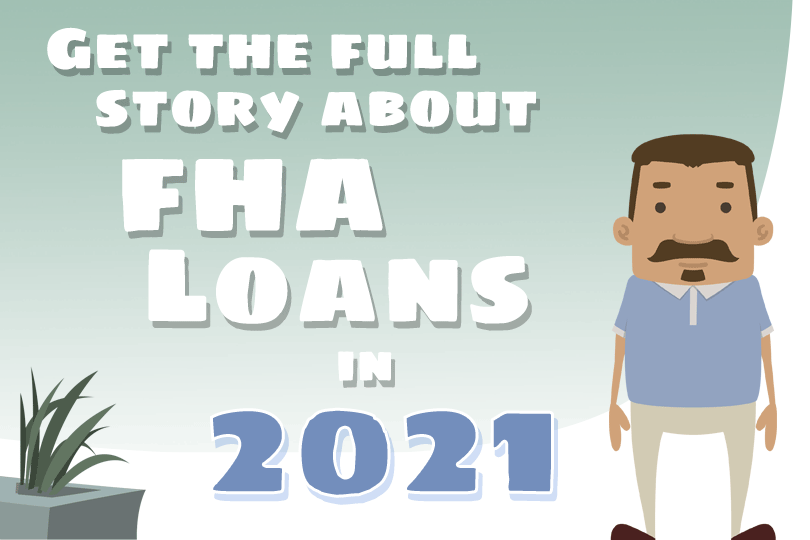What To Expect at Your Mortgage Closing
January 30, 2021
While closings can differ, based on the type of transaction (purchase or refinance), it is a good idea to attend the closing knowing the basics. Let us clear up some of the most common things to know.
Go Through Your Closing Disclosure
Your lender is legally required to provide you with a Closing Disclosure three days before you close. This document details all the final figures, like your monthly payments, Cash to Close amount, prorated taxes, etc. It is in your best interest to go over these numbers thoroughly so you can compare it to those you see at closing. If there are any discrepancies, speak up!
Come with Identification
Your title company will require identification before you start signing documents at the closing. Double check with the company what kind of ID is accepted. In many cases, title companies require two forms of ID, so it is a good idea to arrive with your Social Security Card in addition to your state-issued driver’s license.
How to Pay
Most title companies accept payment of the Cash to Close amount via a cashier’s check or wire transfer. Keep in mind that the funds must come from an approved bank account, which is reviewed by your mortgage lender prior to closing. If you arrive with funds from a different bank account, it may delay your closing. It is also a good idea to come with a personal check, just in case the closing amount changes slightly.
There Will Be LOTS of Things to Sign
When you arrive at the closing, try not to be overwhelmed by the number of papers you will be asked to sign. An attorney of the closing agent will explain every document, and you can ask for as much clarification as you need.
Closing During COVID
At the time of this writing, the Coronavirus pandemic is still at large in the U.S., and it has changed the way mortgage transactions take place. Do not be surprised if your closing looks a little different as well. It might mean that some of the signing is done electronically, or that the seller is not present at the closing. There might be social distancing measures at the office where the closing takes place. The best practice is to communicate clearly and constantly; ask your lender and title company about the safety measures they have in place so you can be as prepared as possible.
Closing on your new home is an exciting prospect, so of course you will want it to go smoothly. By showing up knowledgeable and prepared, you can help take away the stress of the day so you can focus on the best part: closing on your mortgage and moving into your new home!
------------------------------
RELATED VIDEOS:
Your Mortgage Payment Schedule Is Called Amortization
Information About the Balloon Payment
Reliable Borrowers Can Qualify for a Cash-Out Refinance

FHA Loan Articles
September 25, 2023Mortgage rates are hitting prospective homeowners hard this year and are approaching 8%, a rate that didn't seem very likely last winter. With so many people priced out of the market by the combination of high rates and a dwindling supply of homes.
September 19, 2023The FHA Handbook serves as a crucial resource for mortgage lenders, appraisers, underwriters, and other professionals involved in the origination and servicing of FHA-insured home loans. It outlines the policies and requirements for FHA-insured mortgages.
September 13, 2023FHA rehab loans are a specialized type of mortgage loan offered by the Federal Housing Administration that allows borrowers to finance both the purchase or refinance of a home and the cost of needed repairs.
September 8, 2023Borrowers considering an FHA loan should be familiar with some basic loan terminology. These loans are popular among first-time homebuyers and those with lower credit scores because they often offer more flexible eligibility requirements and lower down payment options.
September 2, 2023You may have heard the terms co-borrower and cosigner in connection with your FHA loan process, but aren't sure about the distinction. Both a co-borrower and a cosigner can help a primary borrower qualify for a mortgage, but they have different roles and responsibilities.







